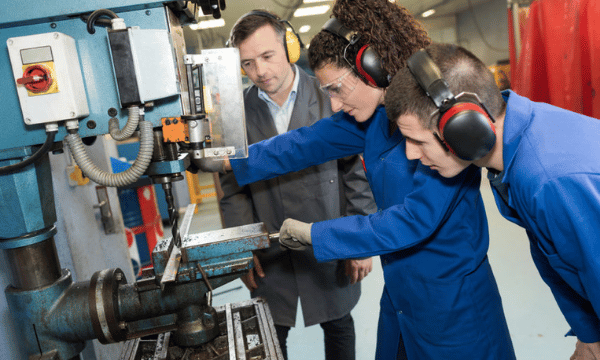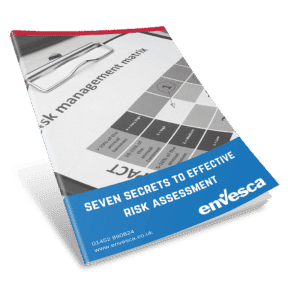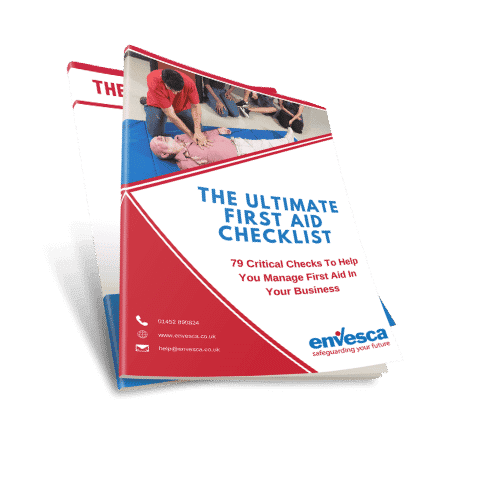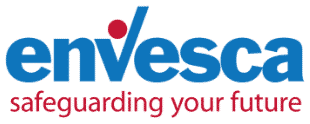Do I Need A Specific Risk Assessment For My Work Experience Students?
Do I Need A Specific Risk Assessment For My Work Experience Students?
When we are delivering risk assessment courses, one of the common questions is “Do I Need A Specific Risk Assessment For My Work Experience Students?” In this article we explain what you need to consider when taking on work experience students.
In short, no, a specific risk assessment for work experience students is not a legal requirement, but you should review your existing risk assessments and decide whether they are suitable and sufficient to cover the risks to a young person or child. For example, if your work activities are low risk and the trainee is of a similar level of maturity and understanding to other employees then your existing arrangements will be sufficient.

The difference between a young person and child
A child is someone who has not reached the minimum school leaving age of 16. A young person is aged 16 to 18.
The type of work that would be considered low risk
Work in environments where the trainee would encounter every day risks that they are likely to be familiar with would be classed as low risk. Shops and offices would fall under the category of low risk.
What it means if your work is medium to high risk
It does not mean that you cannot have work experience students but if you do not already have young people working for you then you should ensure that your risk assessment takes the special needs of young people into account. If the trainee is under 16 then you will need to revise the risk assessment further.
The special needs of work experience students
Young people and children have less life experience, so are less able to recognise unfamiliar risks than adults. They also lack the training and maturity of an adult so are more likely to take unnecessary risks because they simply do not understand the consequences of their actions. What may seem obvious to an adult may not to a child.

What you need to do when it comes to risk assessment
You do not need to carry out a new assessment for every new work experience student unless the trainee has needs such as learning difficulties or health issues. In this case you should revisit your assessment and decide whether additional control measures are required.
The type of work experience students should not do
Work experience students should only carry out work which is within their physical and psychological capabilities, which will differ from trainee to trainee. Work which children are prohibited from doing by law includes work which involves:
- Harmful exposure to radiation
- Harmful exposure to COSHH substances
- Operating plant or machinery with legal age limits
- Activities that have a risk to health from exposure to extreme cold, heat, noise and vibration
Young people may carry out work which involves the above circumstances, but only if:
- the work is necessary for their training
- the work is properly supervised by a competent person
- the risks are reduced to the lowest level, so far as reasonably practicable.
If you have a question or enquiry about health and safety, please call the team on 01452 502113 or complete our enquiry form.
Find this helpful?
Signup to our email notifications to receive alerts when we publish new blogs. We promise not to spam your inbox, you will just get a short snappy intro to Health and Safety articles we think you will love.
"*" indicates required fields

7 Secrets to Risk Assessment
If you’ve got a question or query, please contact our super friendly team, they will be delighted to help you!
Simply get in touch via phone or email.

Free
Resources &
Downloads
Informative. Useful. Practical.
Here at Envesca we believe that we are good at giving proactive, sensible and useful advice. Below you will find some free resources that you can download on a host of subjects that will help you and your business.
Training Available
Envesca offer a number of different training courses, which offer advice and guidance on these topics.





